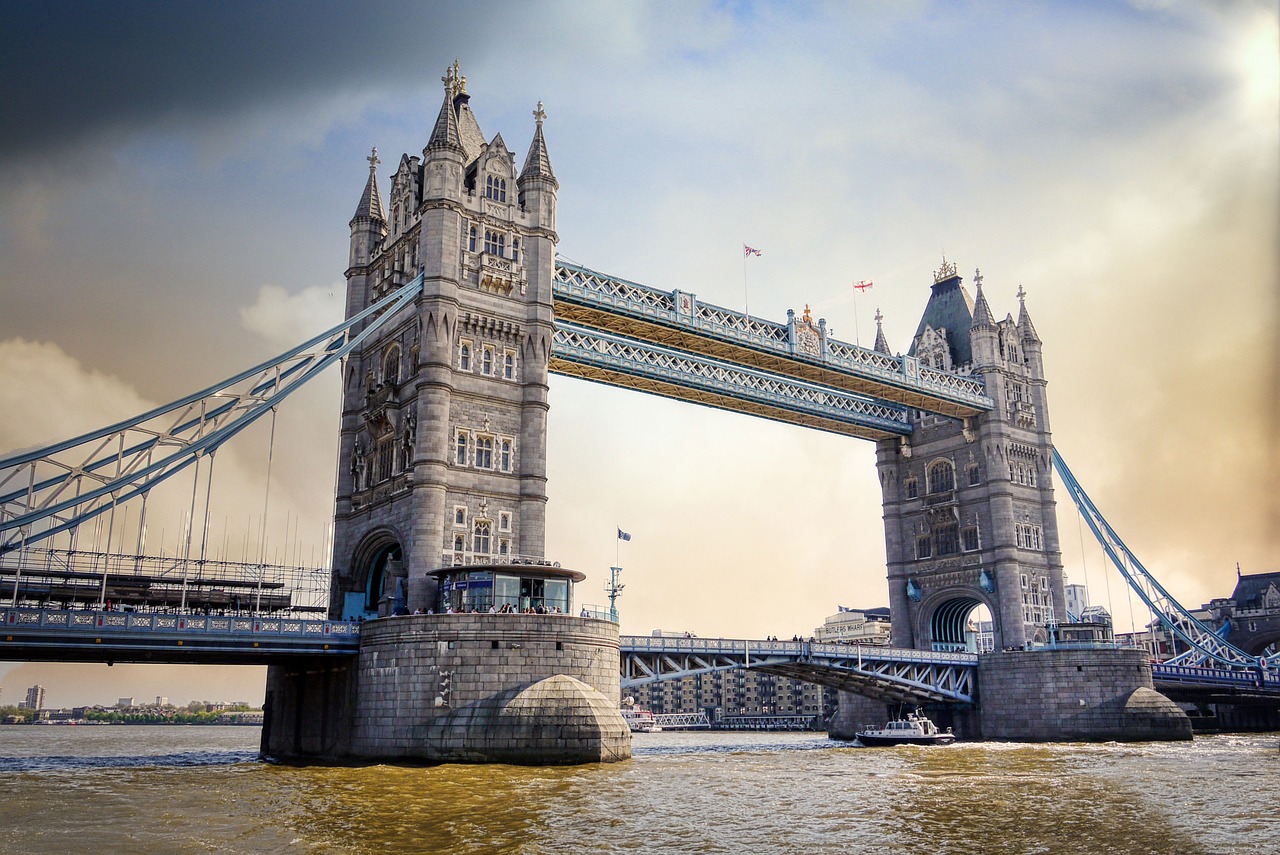Report by Hima Sutha
First, let’s start with what’s happening in the United Kingdom.
In September 2022, Liz Truss was elected as the Prime Minister of the United Kingdom, defeating her rival, Rishi Sunak (a former chancellor under Boris Johnson’s government).
She served as the Prime minister of the United Kingdom and the leader of the Conservative Party for 45 days, from 6th September to 20th October 2022.
She is the shortest-serving prime minister in the United Kingdom’s history. Under her leadership, she appointed the positions of Chancellor of the Exchequer, Foreign Secretary, and Home Secretary to women. This was the first time that four highly ranked positions in the cabinet (including the prime minister) were in the hands of women.
Liz Truss had to resign due to the policies her government introduced, and the backlash received due to the implementation of the policies.
What policies did they introduce that forced the government to step down in 50 days?
The United Kingdom is currently going through a situation with a high rise in the general price levels of goods and services. According to the data released by the Office for National Statistics, nearly half of the adults find it hard to pay their bills for basic goods and services.
The Financial Conduct Authority estimated that 7.8 million people (six in 10 adults) in the UK were finding it hard to pay their bills.
To combat the rise in price levels every year, income levels rise too, to make sure the purchasing power a person has doesn’t decrease.
Purchasing power is the amount of goods and services a particular amount of money can buy.
For example, a Maruti 800 Alto cost 60000 INR 30 years ago (1975), but in 2015 it cost 2.5 lakhs. The rise in price levels of basic goods and services is higher than the rise in an individual’s income levels. Therefore, people earning low incomes and with disabilities are facing a lot of hardship.
The newly elected government is presented with a challenge to uplift the economy by implementing policies that will help the poor and create a stable economy.
The government proposed many policies.
However, one economic policy led to a huge downfall for Liz Truss- the tax cut policy.
Under Liz Truss’s leadership, the newly appointed Chancellor, Kwasi Kwarteng, on 23rd September 2022, proposed “The Growth Plan”, which is often referred to as the mini-budget.
This growth plan had a set of policies that were going to be implemented that would lead to economic growth (growth in the overall wealth or consumption of goods and services of the country).
The tax cut policy states that people earning over £150,000 GBP (14,310,187.16 lakhs INR) wouldn’t now have to pay the 45% additional tax. The Chancellor also proposed to cut the basic income tax from 20% to 19%. The chancellor stated that next year’s increase in corporation tax from 19% to 25% will be revoked. This move would help push 19 billion into the economy.
Income tax is the tax individuals need to pay to the government based on their income.
This tax cut will be funded by government borrowing.
This means that the government can borrow money from other countries, which will weaken the Pound currency and can strengthen other countries’ currencies, to fund their expenses that will not be funded by the money received from the taxes if this policy is implemented. This move led to the government receiving a huge amount of hate from the public since it benefits the rich.
The government also planned to remove the cap (upper limit) on the bonuses bankers receive.
A cap is a regulation set on how much bonus the banker could receive.
A banker could not receive a bonus that is higher than 200% of the salary they receive. Truss’s administration decided to scrap this rule, which also received opposition due to the fact it benefits the rich more.
The government also planned not to go ahead with increasing the tax to 25% from the 19% that corporates have to pay from April 2023. Corporates are big companies with high incomes; therefore, the public felt this benefitted the rich too.
When the policies were proposed, the strength of the UK Pound fell in terms of other currencies.
With the government presenting policies that benefit the rich in a situation with unstable price levels that don’t help the ordinary, they received a huge backlash. With fewer policies helping low-income earners, this led to their downfall.
Liz Truss resigned on 20th October, after 45 days of being in office.
On 24th October, Rishi Sunak stepped into the position of prime minister and as the leader of the Conservative party in the United Kingdom.
Rishi Sunak is the first Prime Minister of colour and a British Asian with Indian heritage to hold power.

